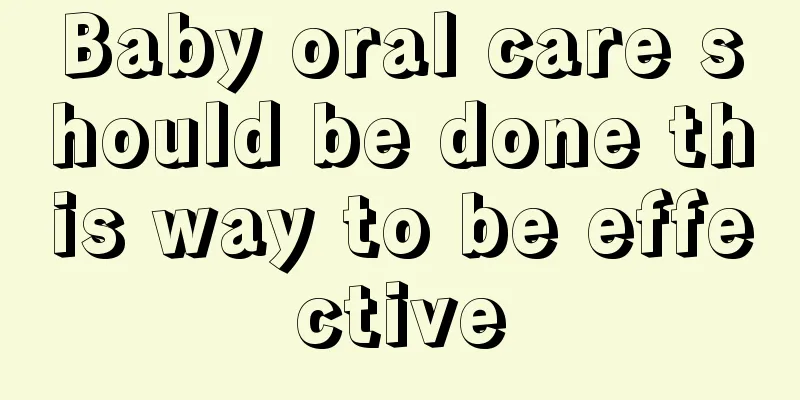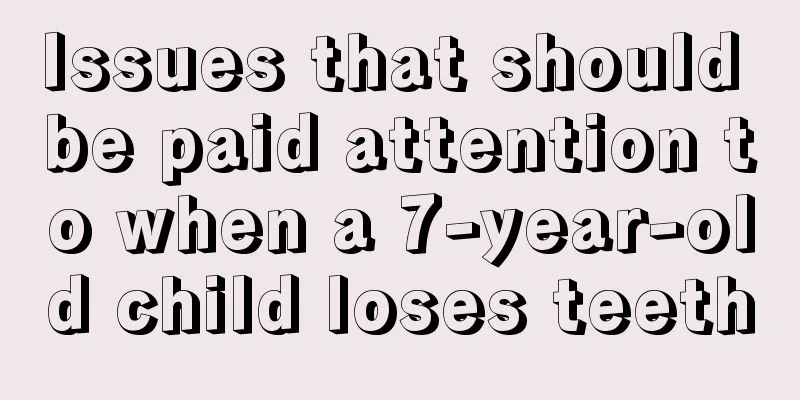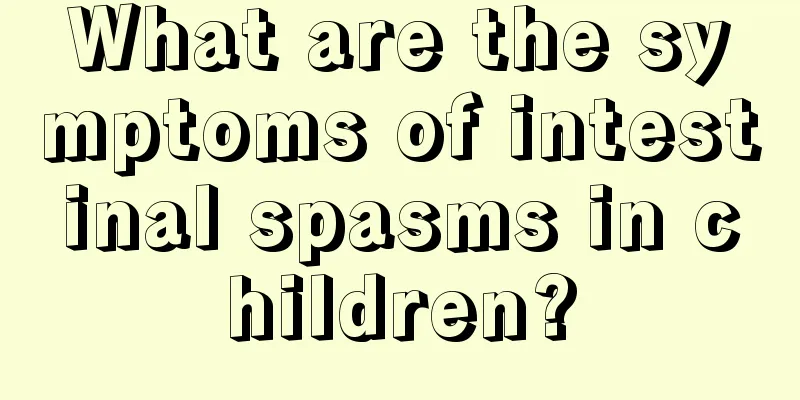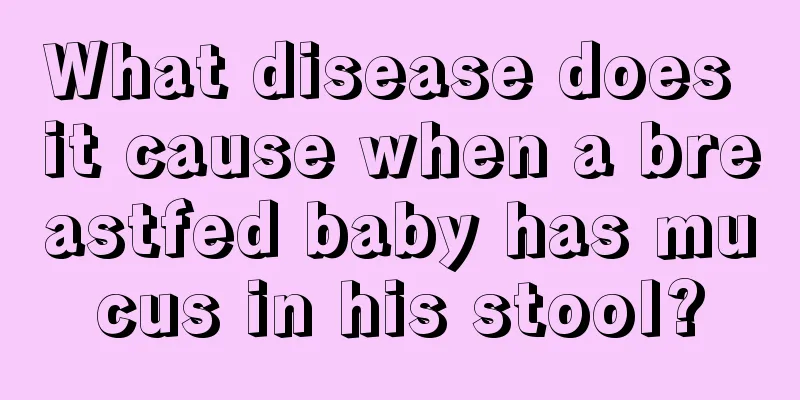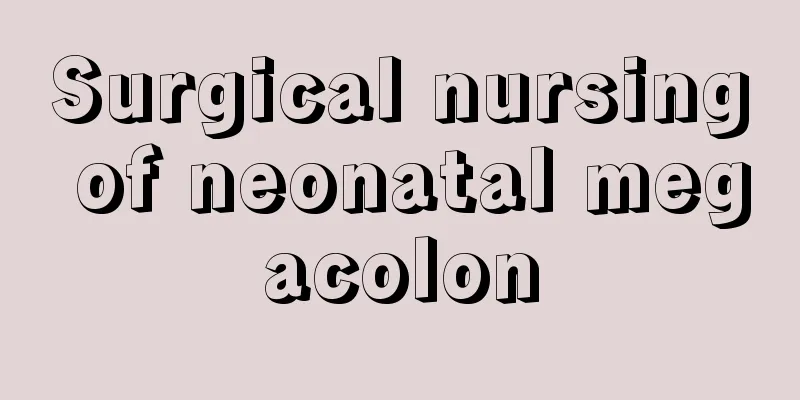When do children usually lose their teeth?
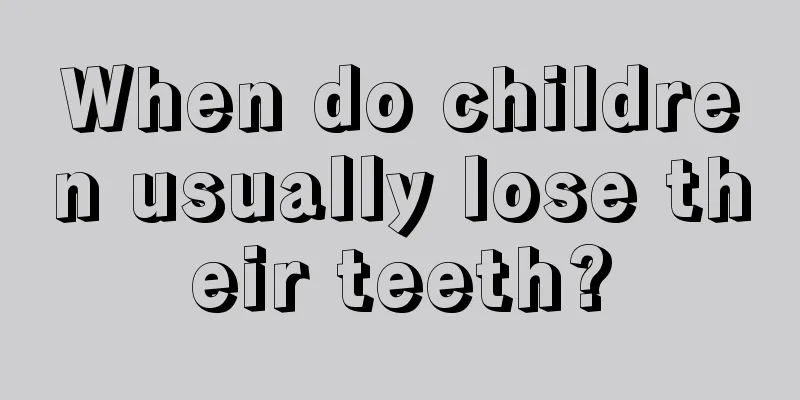
|
Children’s health is always on the parents’ minds, and parents all hope that their children will have a healthy and lively childhood. Children will go through the process of changing teeth during infancy and childhood, and the process is different for each child. Parents should not be too anxious. As long as the child does not have cavities, it is not a big deal if the child loses teeth sooner or later. Generally, all the deciduous teeth fall out at around the age of 14. If the child has not replaced the new teeth in time by this time, parents can also go to the dentist to see a professional doctor for examination and take appropriate treatment measures. Tooth replacement Below the root of each deciduous tooth, there is a permanent tooth germ that gradually develops and grows toward the mouth. During the eruption of permanent teeth, on the one hand, they compress the alveolar bone between the root of the deciduous teeth and the permanent tooth germ, and through the action of osteoclasts, the bone is absorbed and thinned until it is completely absorbed; on the other hand, they directly compress the root of the deciduous teeth, causing the root of the deciduous teeth to gradually absorb, become shorter and shorter, until it disappears completely. Then the deciduous teeth begin to fall out and the permanent teeth gradually grow in. Time for permanent teeth replacement Normally, at the age of 6 to 7, the deciduous central incisor (central front tooth) of the mandible begins to shake and fall out, and soon the permanent central incisor grows in this place; at the same time, the first molar grows behind the second deciduous molar. After that, the other teeth were replaced one after another. The permanent monocuspids and bicuspids can only grow out after the deciduous teeth in the same position fall out. By the age of 12 to 13, all the deciduous teeth have fallen out and have been replaced by permanent teeth. After that, permanent teeth will grow separately: the second molar will grow behind the first molar at the age of 12 to 14, and the third molar will grow after the age of 18. It is normal for some people to not have third molars. The order and timing of tooth replacement are roughly as follows: Number of teeth and time of tooth replacement 4 central incisors 6-7 years old 4 lateral incisors 8-9 years old First pair of canines 4 at 10 years old Single canine 4 11 years old Second canines 4 12 years old First molars 4 at age 6 4 second molars at 13 years old Common problems during tooth replacement periodGo Top Retained deciduous teeth Retained deciduous teeth When deciduous teeth do not fall out when they should, doctors call this phenomenon "retained deciduous teeth". Children should be taken to the hospital for examination and treatment in time. Main reasons: ★ Misplacement of permanent tooth germ ★ Local inflammation ★ Loss of permanent tooth germ Retained teeth that have erupted but have not fallen out should be extracted as soon as possible to avoid affecting the eruption of permanent teeth in the normal position. If the deciduous teeth have not fallen out and the permanent teeth have not erupted after the age of tooth replacement, do not extract them easily. If the permanent teeth are congenitally missing, the deciduous teeth should be kept as much as possible. Early loss of deciduous teeth Premature loss of deciduous teeth The loss of deciduous teeth before they should fall out is called premature loss of deciduous teeth. This often causes the adjacent teeth on both sides to tilt toward the gap between the missing teeth, making the gap between the missing teeth smaller and causing the permanent teeth to erupt out of place due to insufficient space. A gap maintainer should be worn in the gap between deciduous teeth to prevent the teeth on both sides from tilting until the permanent teeth erupt. Difficulty with eruption of permanent teeth Difficulty in eruption of permanent teeth. The eruption force of permanent teeth is generated during the development of the tooth roots, which causes the permanent teeth to move toward the gums and gradually erupt. This requires a process, which is particularly obvious in the upper front teeth. If permanent teeth have not erupted after the replacement period, it is called delayed eruption of permanent teeth. The main reasons are: ★ Early loss of deciduous teeth ★ Supernumerary teeth ★ Obstruction of odontoma or cyst ★ Abnormal development of permanent teeth ★ Genetic factors Malocclusion of teeth During the period of tooth replacement, the teeth are replaced, the jaw develops, and the occlusal relationship is gradually established. Sometimes a temporary malocclusion occurs, but during the tooth development process, it will often adjust itself and return to normal. Some malocclusions cannot be adjusted by yourself, which will affect facial development and should be treated in the hospital. Double teeth It is not uncommon for the permanent teeth to come out before the deciduous teeth fall out, causing the teeth to be arranged in two rows, front and back. This is most likely caused by the deciduous teeth roots not being completely resorbed. Oral X-rays can be used to determine the relative position of deciduous teeth and permanent teeth to diagnose whether deciduous teeth will fall out on their own or need to be extracted. It hurts a little when teeth are replaced. The process of teeth loosening and falling out is generally not painful, but as the deciduous teeth begin to fall out, the "six-year molars" will also grow out, which may cause swollen gums and cause children to complain of toothache. If the pain is severe, you need to see a dentist to see if you need anti-inflammatory and analgesic treatments. The time when children lose their teeth is closely related to their own physical constitution. During their early childhood, parents should pay attention to letting their children protect their teeth, not eat too many desserts, especially sugary foods, and let their children clean their mouths in time after meals to protect their deciduous teeth and allow the gums to develop more healthily. At the same time, during the period of tooth replacement, parents should also educate their children to pay attention to: do not manually make teeth fall out, do not use external force to hurt the gums, do not drink carbonic acid drinks, etc., so that children can have good teeth for a lifetime of health! |
<<: What food is good for children with cold?
>>: Why do six-year-olds lose their teeth?
Recommend
Why don’t children change their teeth when it’s time for them to do so?
When children reach a certain age, they will star...
What is the cause of fetal mesenteric cysts?
Many female friends often go to the hospital for ...
What is lymph node in children?
We all call children the flowers of the motherlan...
Symptoms of baby choking on trachea when drinking milk
Because the esophagus of a child is not yet fully...
What should I do if my child has learning pressure?
If children are under too much pressure from stud...
Baby got blisters from mosquito bites
The most annoying insect in summer is mosquitoes,...
What should I do if my baby coughs and has phlegm?
When their children have a cough, parents are par...
Will roseola infantum recur?
When a child has an emergency, the first thing pa...
1-year-old baby education
When the baby is young, parents should not only p...
How to care for small blisters on baby's fingers
If small blisters appear on the baby's finger...
What does it mean when a toddler grinds his teeth while sleeping at night?
Many parents of young children have discovered a ...
What should I do if my child vomits and has diarrhea?
Diarrhea is one of the four most common childhood...
What to do if the baby doesn't drink water?
The health of babies is something that parents ar...
Why does a three-year-old baby sweat when sleeping at night?
Every child is the hope of the family. Many paren...
The child has a bone protrusion in the cervical spine
If parents find that their child has a bone protr...

